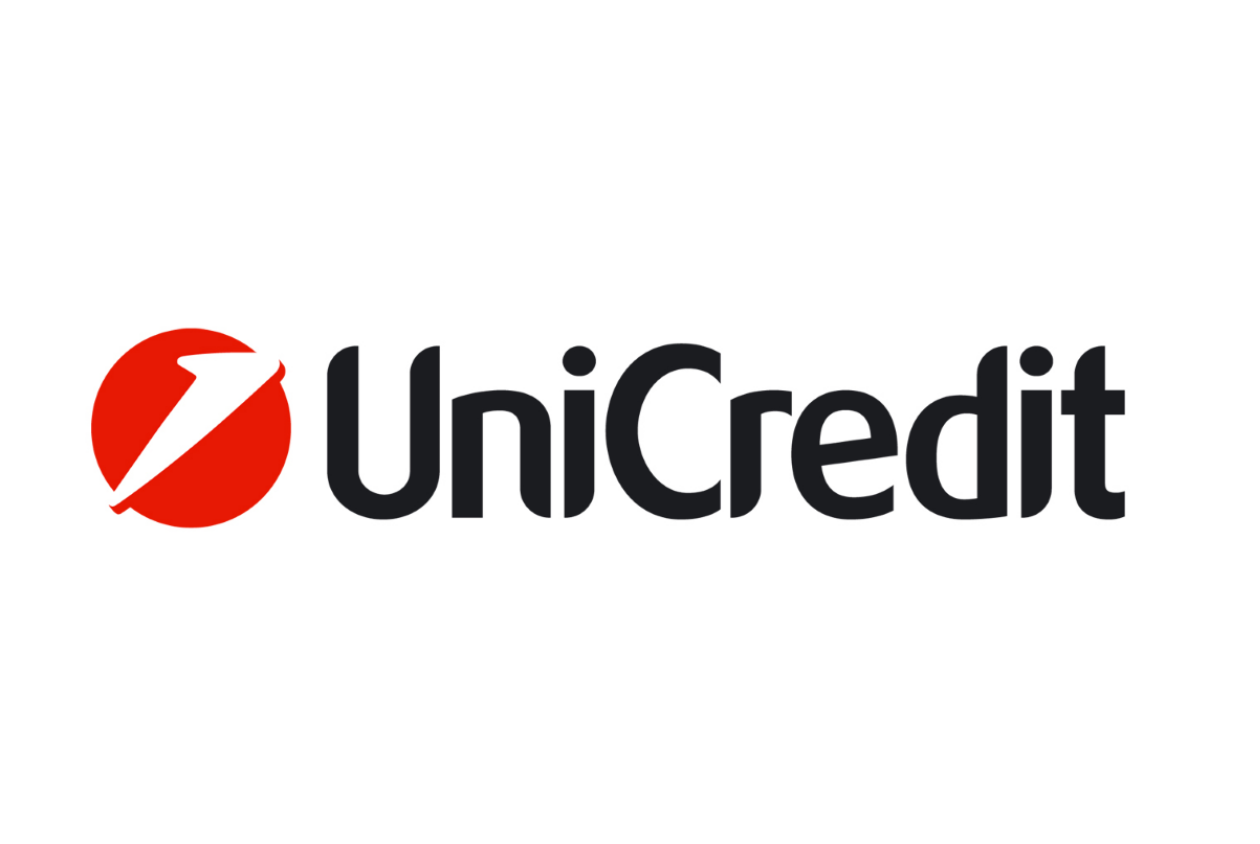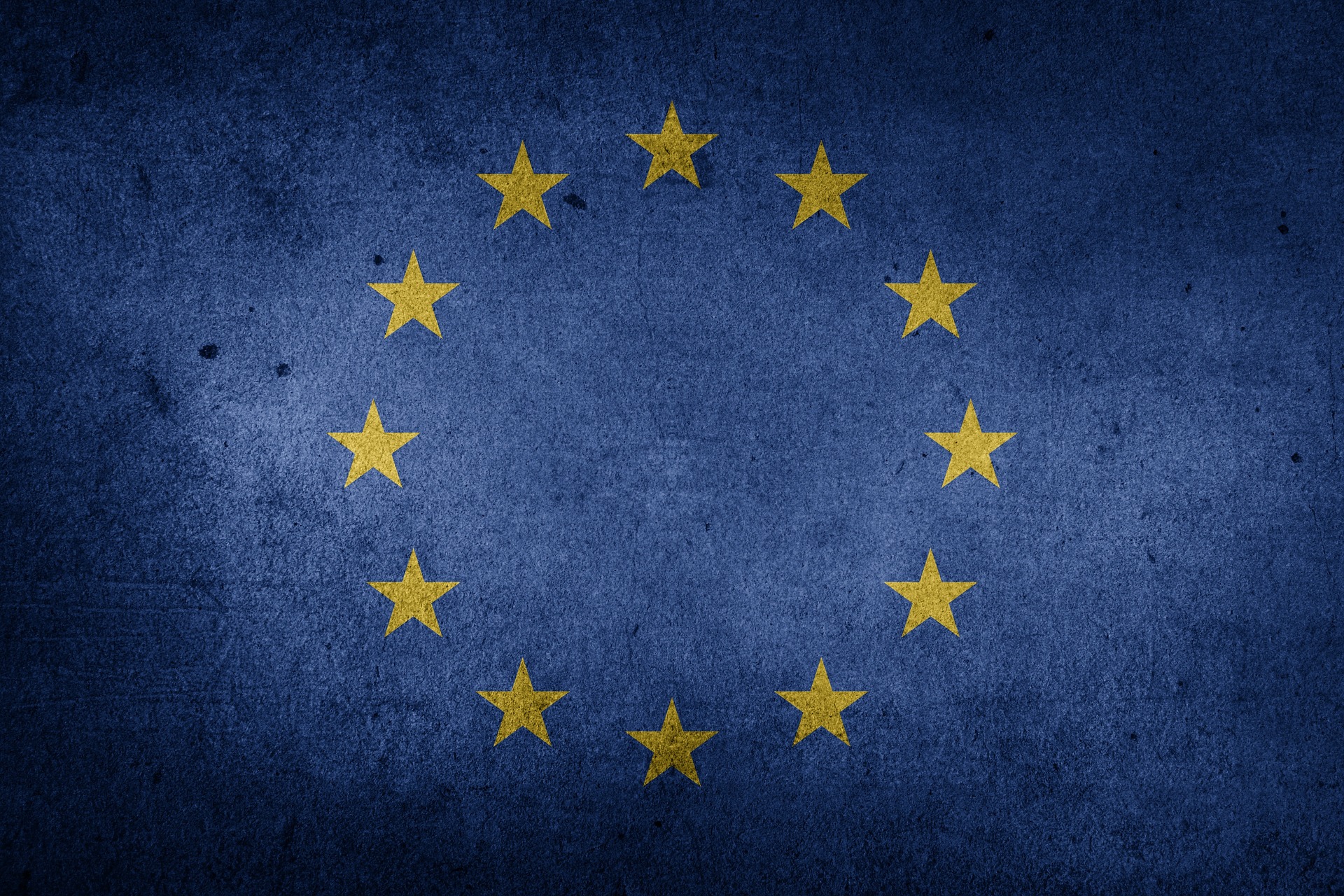European Union member states have approved a record-high financing ceiling of €100 billion for the European Investment Bank Group in 2025, marking a significant increase in funding for security, defence, energy infrastructure and technological innovation.
The 27 member states endorsed the plan at a meeting in Luxembourg, representing an increase of more than €10 billion from the bank's lending last year and €5 billion higher than the €95 billion target set at the start of the year by EIB group president Nadia Calviño.
"The unanimous support of our shareholders, the 27 Member States, for our proposals to provide record financing for defence, energy security and tech leadership, shows the key role of the EIB Group to support Europe's strategic priorities," said Calviño. "In a world where everything everywhere is changing all at once, the EU is a beacon of clarity, confidence and stability."
The revised ceiling includes 3.5 per cent of total financing dedicated to European security and defence, representing a trebling of defence-related funding from €1 billion last year. This increase comes ahead of a NATO summit where alliance members face pressure to raise their defence commitments, particularly following signals from US President Donald Trump about reducing America's security support for Europe.
The EIB is prohibited from investing directly in weapons or ammunition but can fund "dual use" purposes such as GPS systems, helicopters, drones, and military infrastructure. The bank has already approved funding for the construction of a military base in Lithuania for the German Bundeswehr brigade, marking a key project to enhance NATO operations and regional security.
Energy security features prominently in the new financing plan, with record funding of more than €11 billion allocated for power grids and storage across Europe. The bank has approved three solar photovoltaic plants in Romania and electricity grid projects in Germany as part of this initiative.
The EIB Group is also launching TechEU, described as the EU's largest financing programme to support innovation and technological leadership. The programme will provide €70 billion in equity, quasi-equity, loans and guarantees between 2025-2027, aiming to crowd in private capital to generate at least €250 billion in total investments.
TechEU targets supercomputing, artificial intelligence, digital infrastructure, critical raw materials, green industries, health technologies, robotics and advanced materials. The programme aims to help Europe compete more effectively with China and the United States in cutting-edge technology sectors.
Czech finance minister Zbyněk Stanjura has assumed the role of new chair of the Board of Governors. "The EIB has a key role in supporting European priorities from defence to energy security or affordable housing," said Stanjura. "I look forward to working closely with President Calviño and other EU Finance Ministers to support the EIB, as it steps up its activities to help tackle the many challenges Europe is facing."
The EIB Group signed nearly €89 billion in new financing for over 900 projects in 2024, supporting Europe's competitiveness and security while mobilising €110 billion in growth capital for startups and scale-ups.
Latest News
-
Gemini to cut quarter of workforce and exit UK, EU and Australia as crypto slump forces retrenchment
-
Bank ABC’s mobile-only ila bank migrates to core banking platform
-
Visa launches platform to accelerate small business growth in US
-
NatWest to expand Accelerator programme to 50,000 members in 2026
-
BBVA joins European stablecoin coalition
-
eToro partners with Amundi to launch equity portfolio with exposure to ‘megatrends’
Creating value together: Strategic partnerships in the age of GCCs
As Global Capability Centres reshape the financial services landscape, one question stands out: how do leading banks balance in-house innovation with strategic partnerships to drive real transformation?
Data trust in the AI era: Building customer confidence through responsible banking
In the second episode of FStech’s three-part video podcast series sponsored by HCLTech, Sudip Lahiri, Executive Vice President & Head of Financial Services for Europe & UKI at HCLTech examines the critical relationship between data trust, transparency, and responsible AI implementation in financial services.
Banking's GenAI evolution: Beyond the hype, building the future
In the first episode of a three-part video podcast series sponsored by HCLTech, Sudip Lahiri, Executive Vice President & Head of Financial Services for Europe & UKI at HCLTech explores how financial institutions can navigate the transformative potential of Generative AI while building lasting foundations for innovation.
Beyond compliance: Building unshakeable operational resilience in financial services
In today's rapidly evolving financial landscape, operational resilience has become a critical focus for institutions worldwide. As regulatory requirements grow more complex and cyber threats, particularly ransomware, become increasingly sophisticated, financial services providers must adapt and strengthen their defences. The intersection of compliance, technology, and security presents both challenges and opportunities.
© 2019 Perspective Publishing Privacy & Cookies













Recent Stories